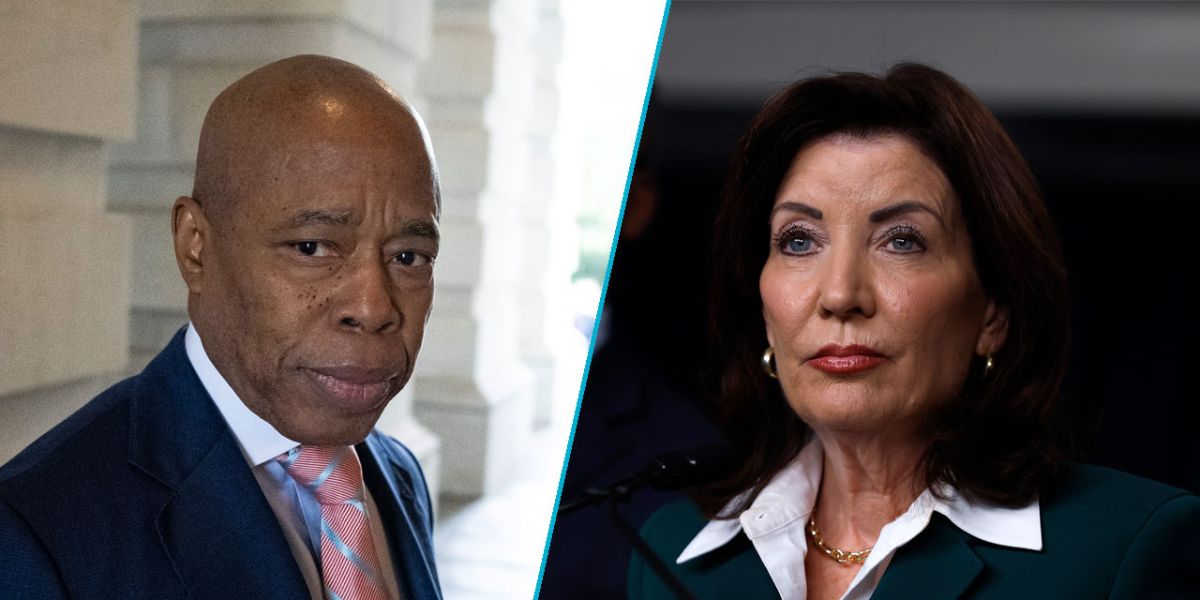The new state budget brings with it important changes to mental-health law that will benefit New York City.
Notably, Gov. Hochul pushed legislators to codify the idea that an inability to meet basic living needs — not just dangerousness — justifies involuntary hospitalization.
Police and other front-line personnel don’t have to wait for suicidality or a violent threat to develop.
Technically, cops already had the authority to intervene using the basic living-needs standard.
But that was based on an interpretation of state law.
Now New York state makes crystal clear that there can be no excuse not to act when someone is deteriorating in plain view because of untreated psychosis.
The point was to change the culture as much as the law.
In the imagination of progressive advocates, patrol officers wake up every morning eager to participate in a mass roundup of the mentally ill.
Nothing could be further from the truth.
Thanks to decades of conflicting directions, cops tend to regard a schizophrenic homeless person who’s desperately sick but not attacking anyone as a problem that’s under control.
Thus full implementation of Hochul’s legal changes will require cops to become more proactive with the mentally ill homeless than they’re used to being.
And political leaders, for their part, need to send a strong message that they support cops in their new, more interventionist role.
Further investment
Implementation will also take more money.
In this and past budgets, Hochul has been active in replenishing New York’s stock of psychiatric hospital beds.
But further investments will be needed.
It’s pointless to commit a mentally ill person to a psych bed that does not exist.
In short, New Yorkers should view the changes to state law as a down payment on mental-health reform.
The subways remain unacceptably disorderly.
But help is coming.
More tools are available thanks to Hochul’s efforts.




